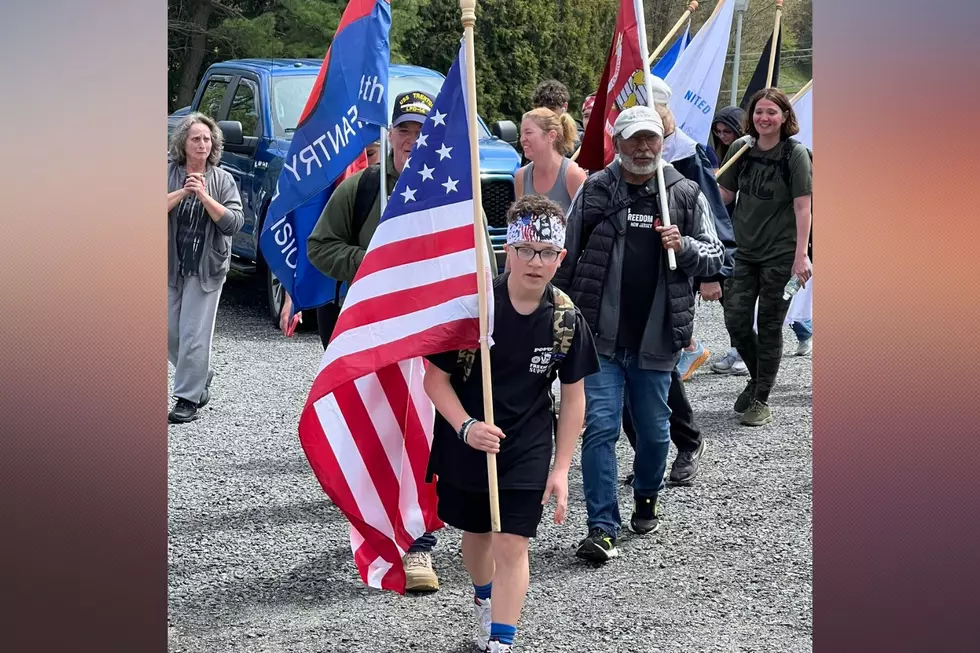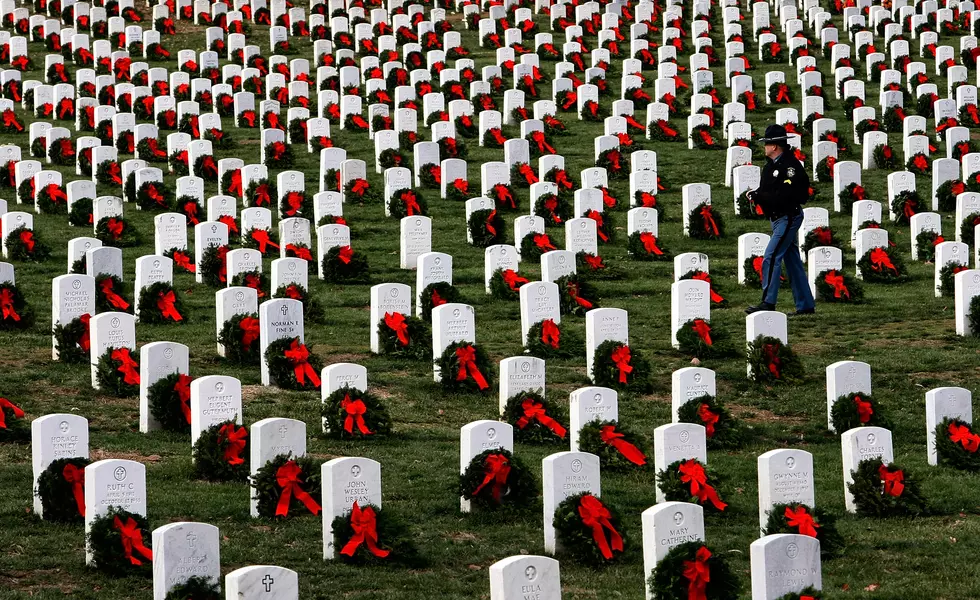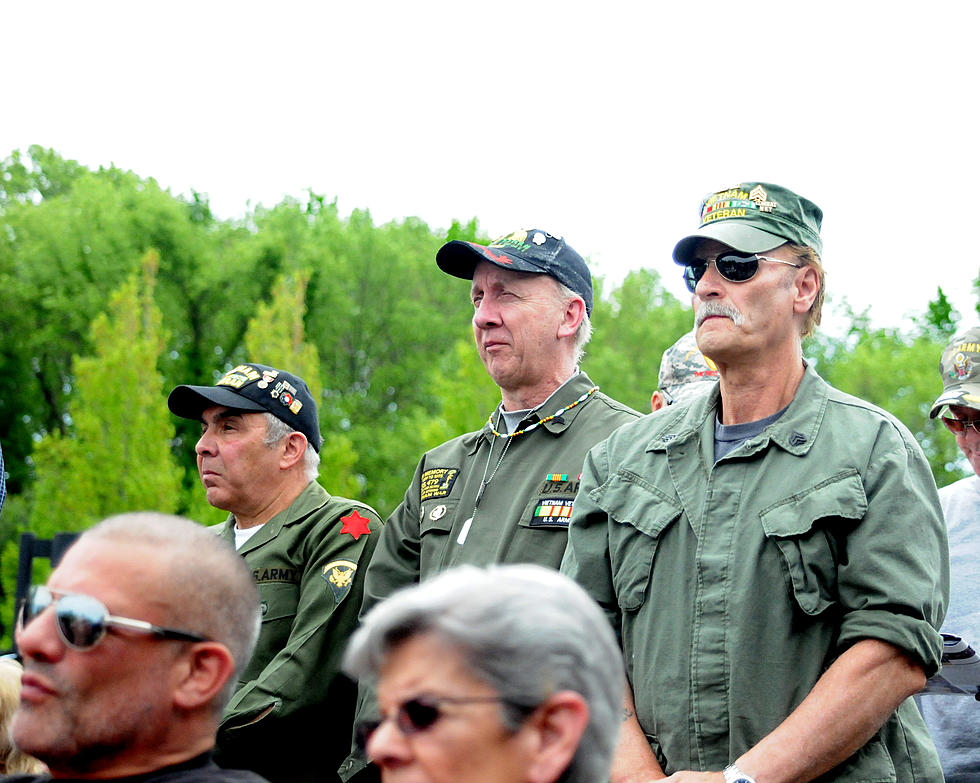![Today’s Vets – Softer Than Yesteryears’? [POLL]](http://townsquare.media/site/385/files/2012/05/4656702448_477de37a0b_z-300x200.jpg?w=980&q=75)
Today’s Vets – Softer Than Yesteryears’? [POLL]
It’s an unpopular sentiment.
But there’s an impression especially among older vets that today’s soldier doesn’t have the meddle that yesterdays’ had.
The difference being that in years past, when you came back from the service damaged in any way, you wore the stigma of being “shell shot”!
I remember there were a couple of guys in the neighborhood…one was a guy named “Henry.” The most he could do was deliver groceries. If you talked to him, all he did was mumble. And if he fell on his delivery bike, a number of guys would run over and clear a path for him until his seizure was over.
The reason for that was, in the words of most who knew him was that he’d suffered some kind of PTSD after having served overseas. Only at that time, it wasn’t classified at PTSD.
Now we have a name for it. But then, you just referred to it as
“shell shot”, and that was it!
The idea was that, at that time, if you came back from the service, you never talked about your experiences. You “sucked it up”.
Perhaps that’s part or the reason why we knew them as the “Greatest Generation”.
Rarely, if ever did they talk about their experiences.
And only now, as many of them are dying off, are they speaking about the horrors they endured.
And while we acknowledge the sacrifices our latest combat veterans have made, the new reality is this.
According to this report:
America’s newest veterans are filing for disability benefits at a historic rate, claiming to be the most medically and mentally troubled generation of former troops the nation has ever seen.
A staggering 45 percent of the 1.6 million veterans from the wars in Iraq and Afghanistan are now seeking compensation for injuries they say are service-related.
What’s more, these new veterans are claiming eight to nine ailments on average, and the most recent ones over the last year are claiming 11 to 14.
By comparison, Vietnam veterans are currently receiving compensation for fewer than four, on average, and those from World War II and Korea, just two.
It’s unclear how much worse off these new veterans are than their predecessors. Many factors are driving the dramatic increase in claims — the weak economy, more troops surviving wounds, and more awareness of problems such as concussions and PTSD.
This bolsters the among older vets that they “just don’t make them like they used to!” I’ve talked about this before, and was surprised of the number of respondents who’d expressed that view.
To carry the stigma as “soft” is unfair!
Their sacrifice is just as great as those who’d come before them. The reasons are many and varied as to why the perception does exist. However, our acknowledgement of their sacrifice should be no less than those who’ve come before them.
More From New Jersey 101.5 FM









